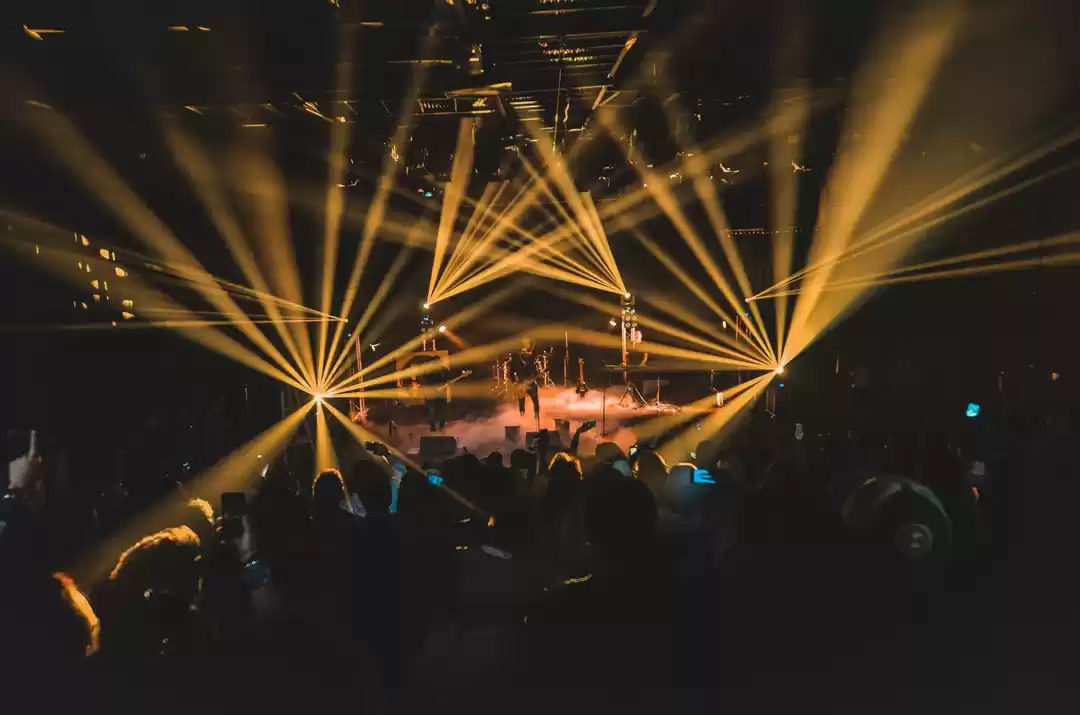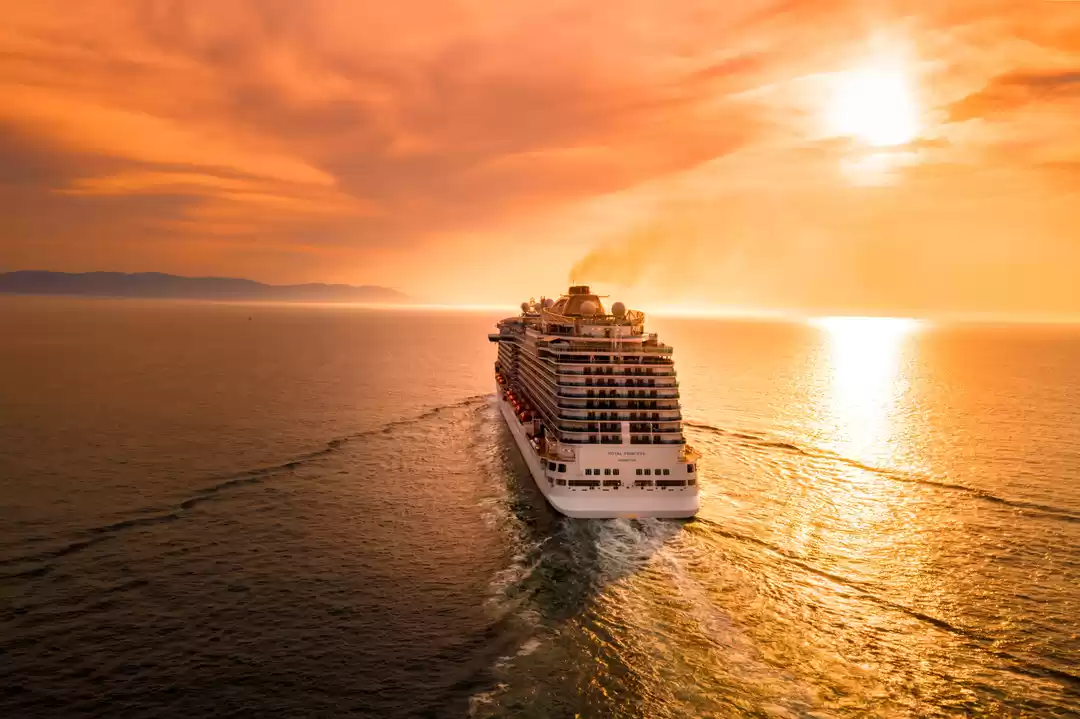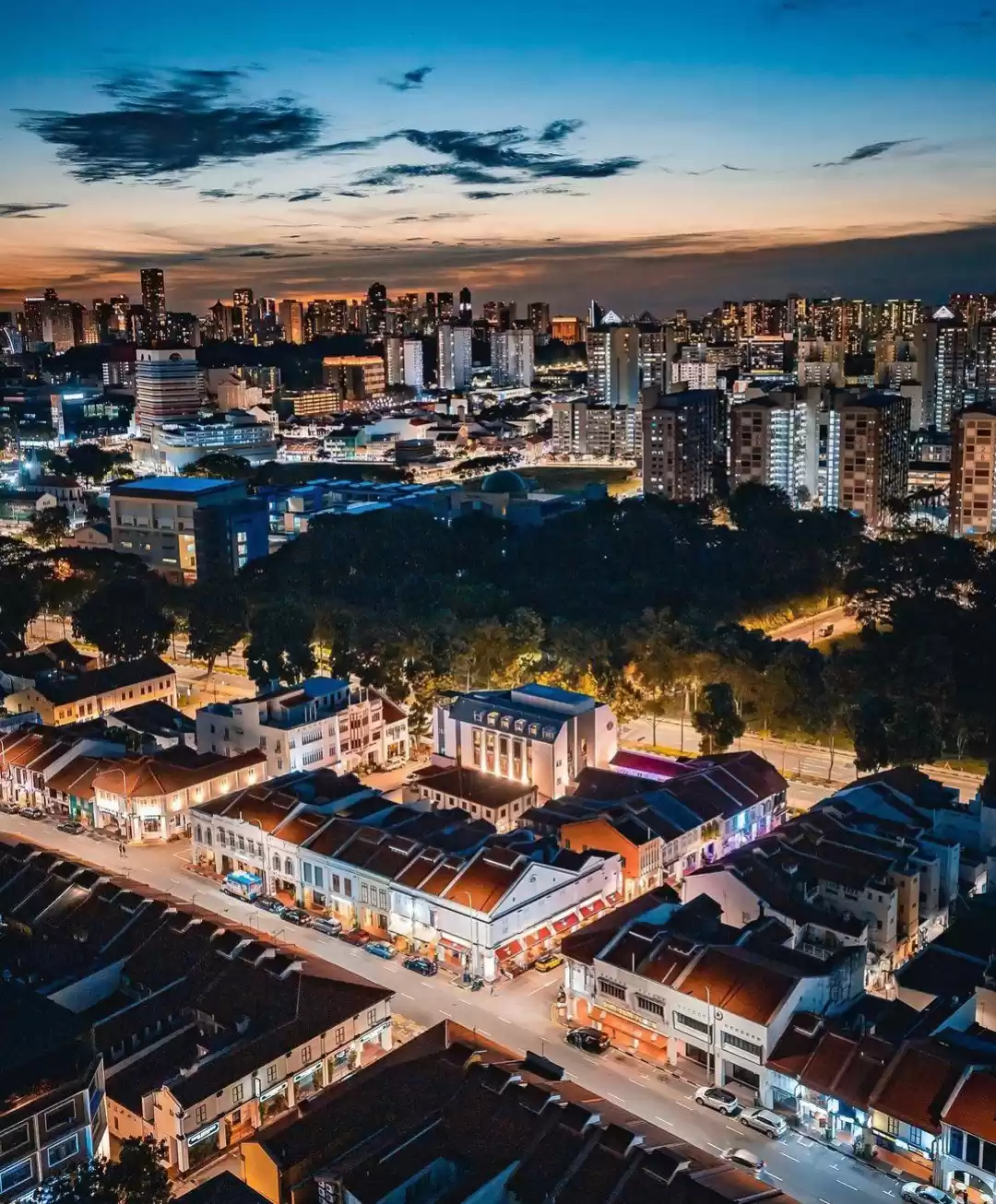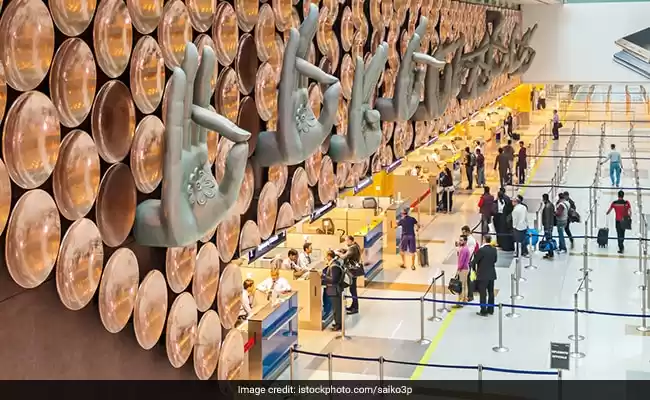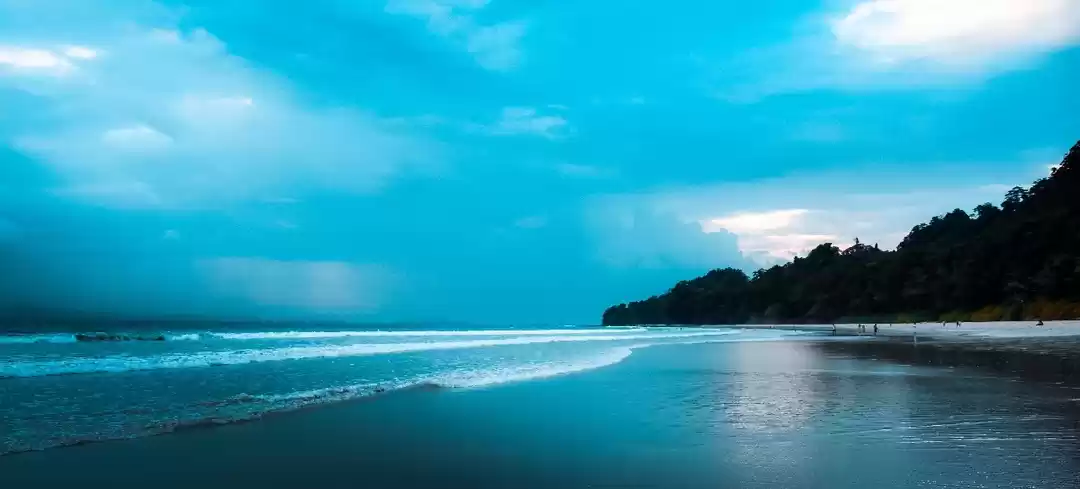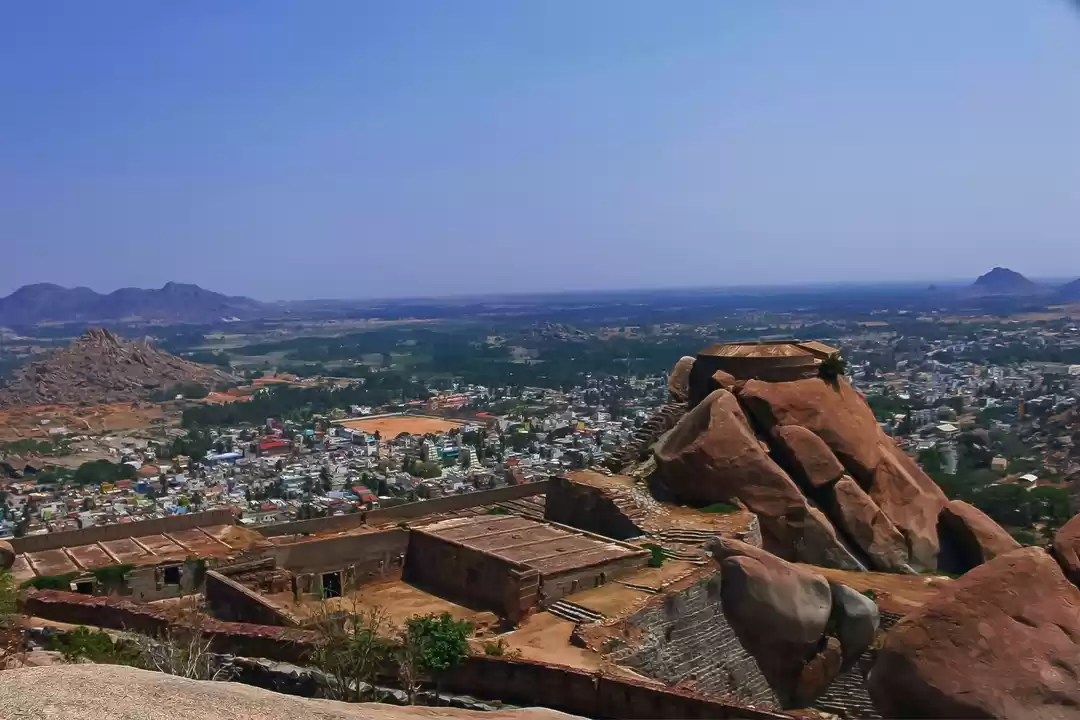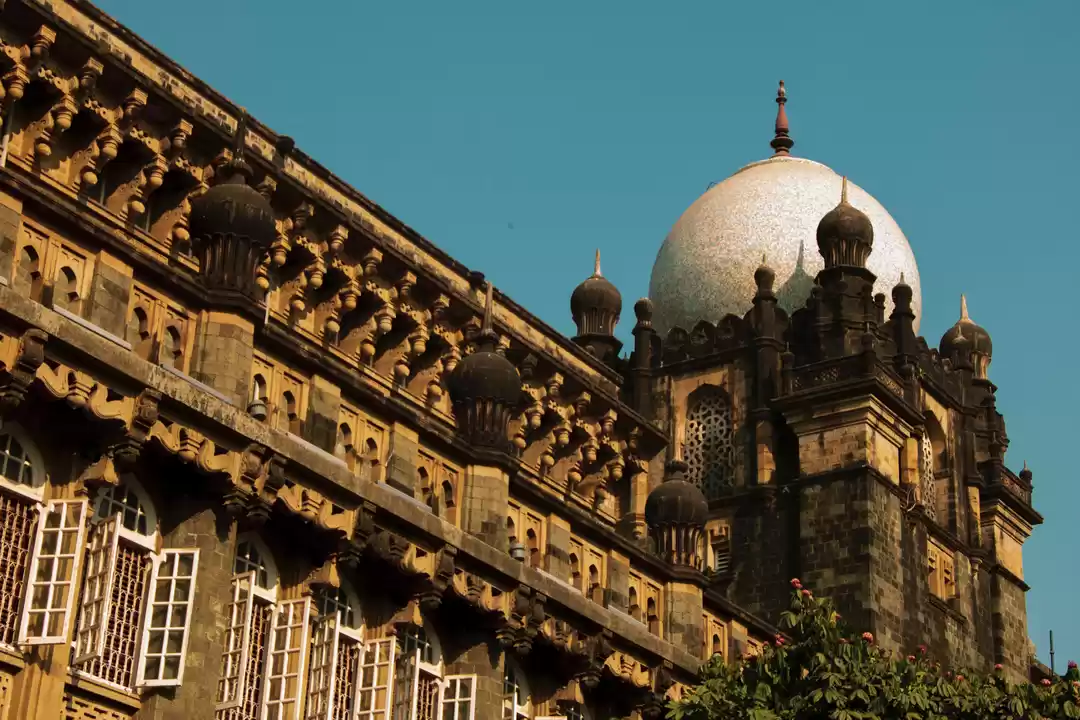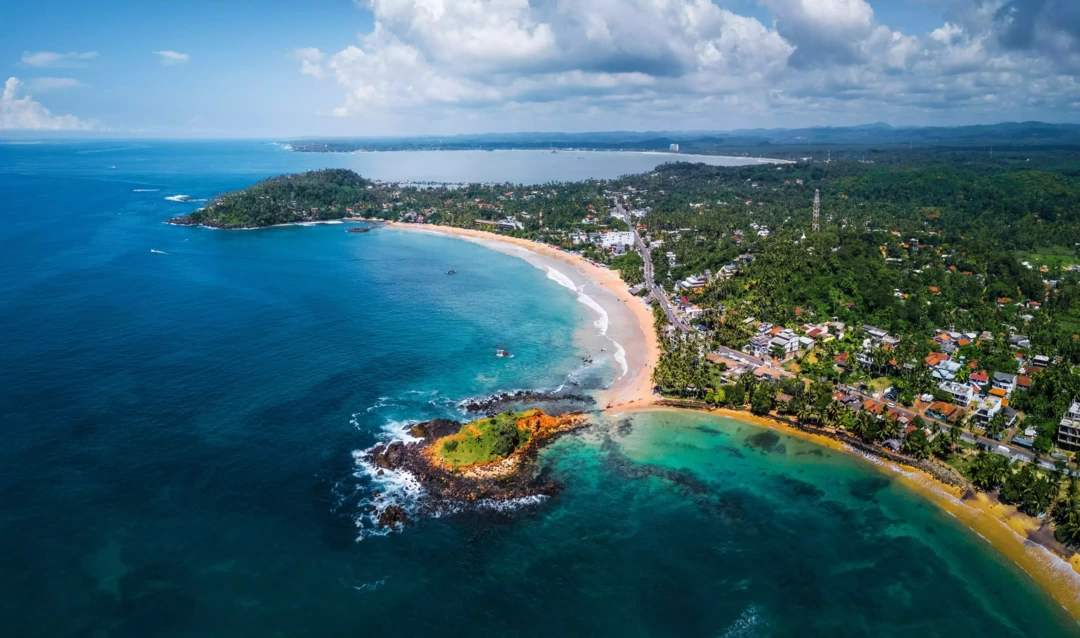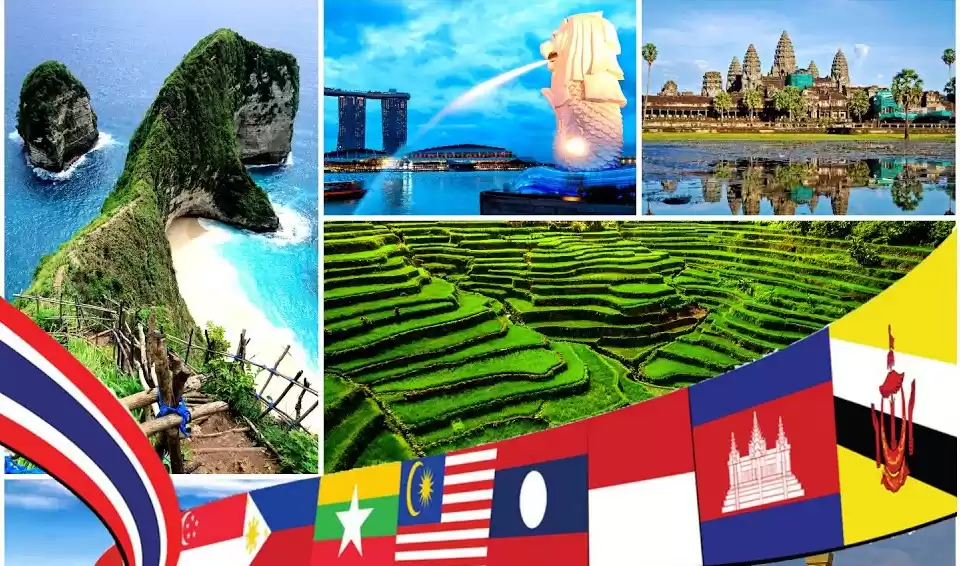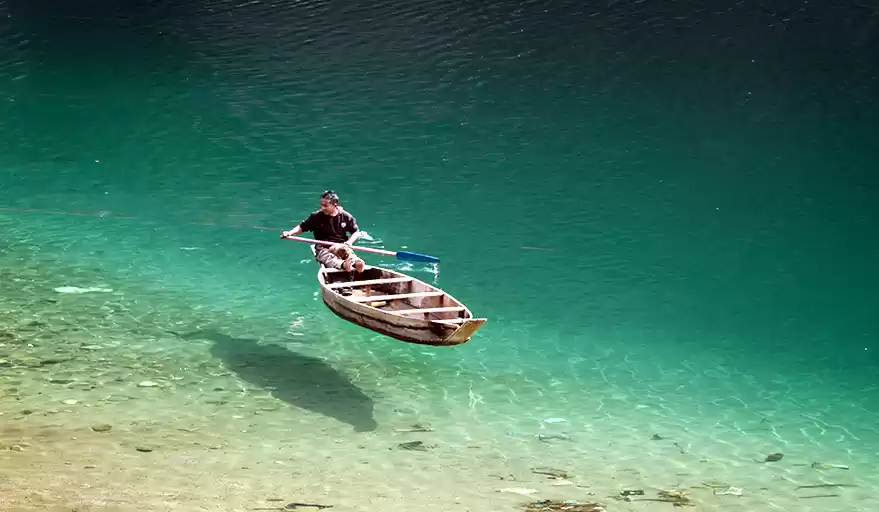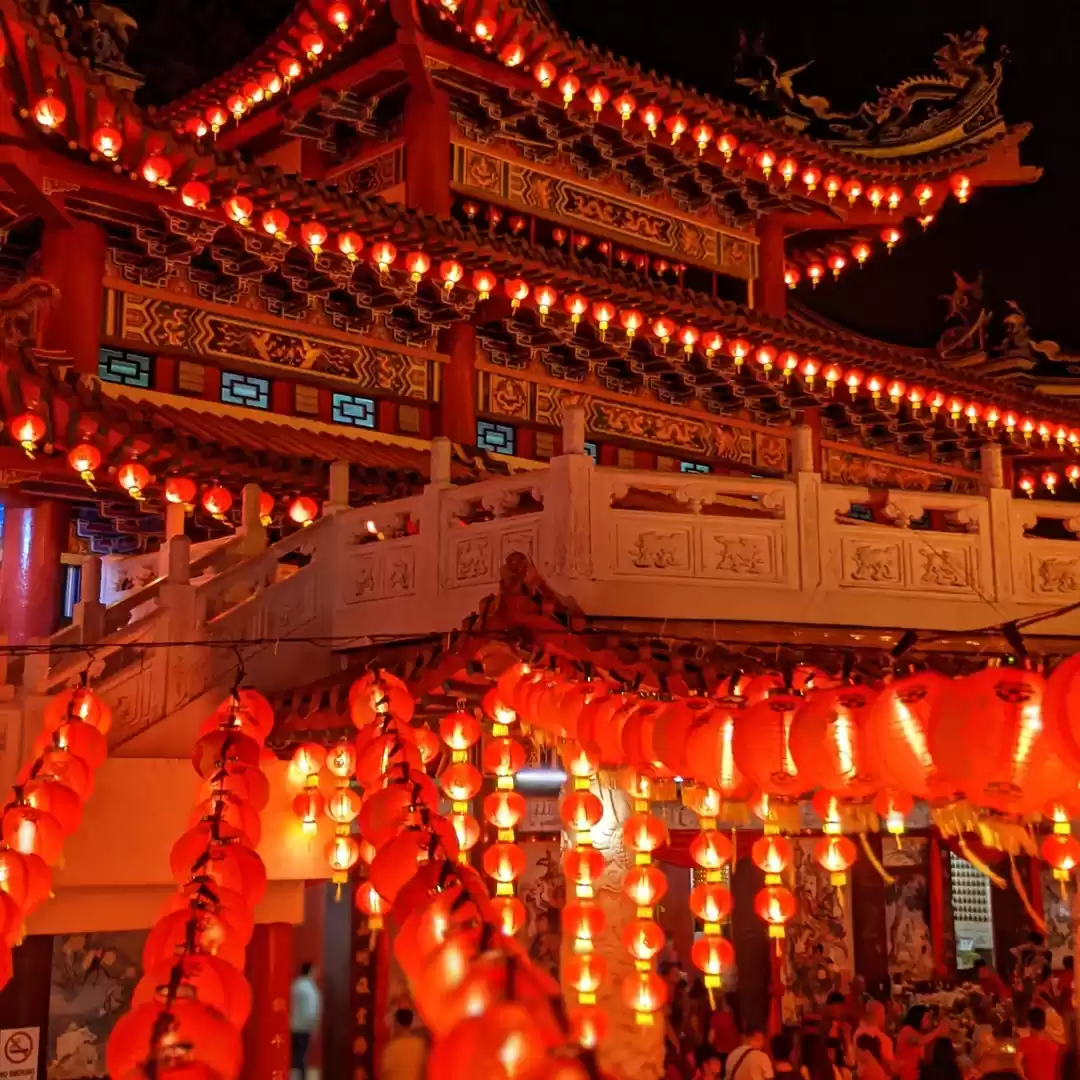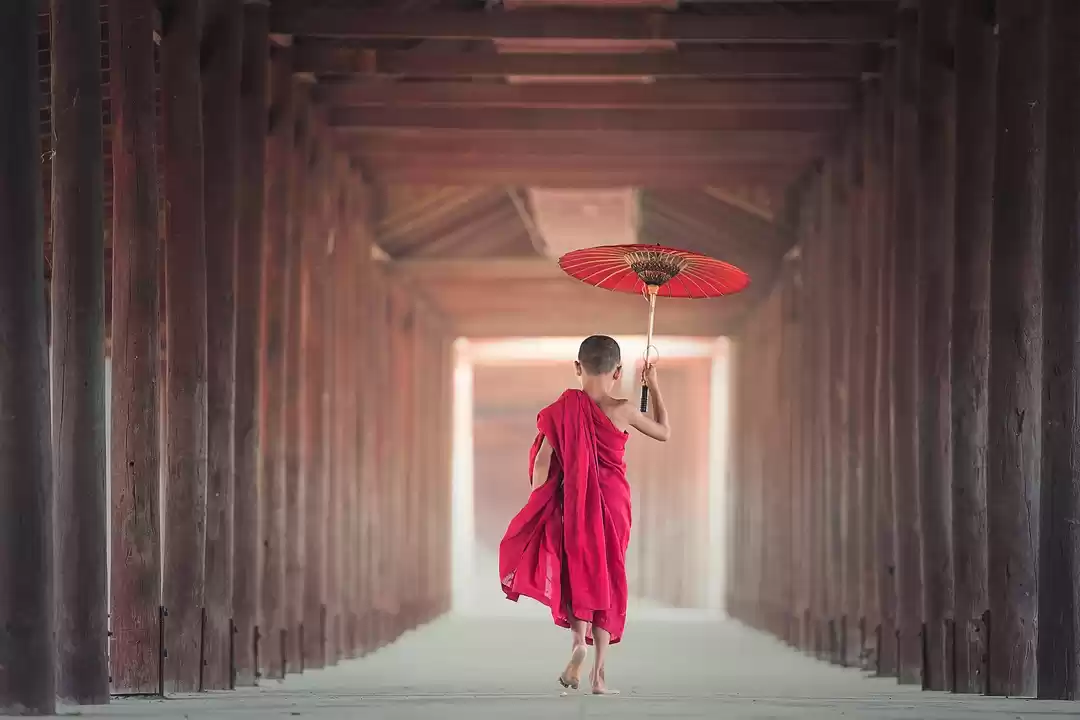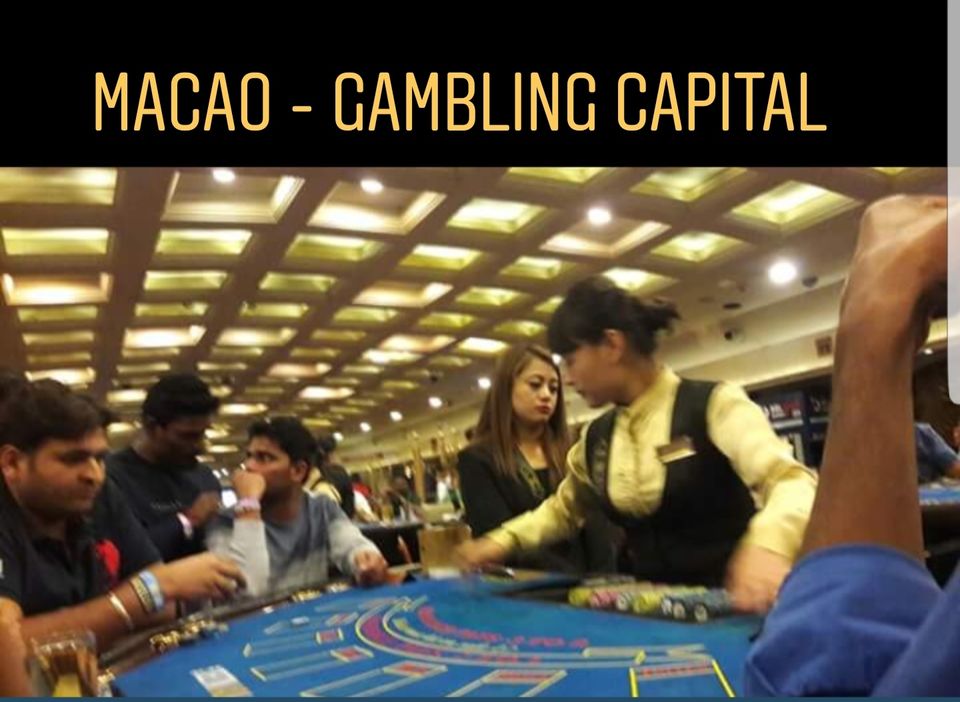
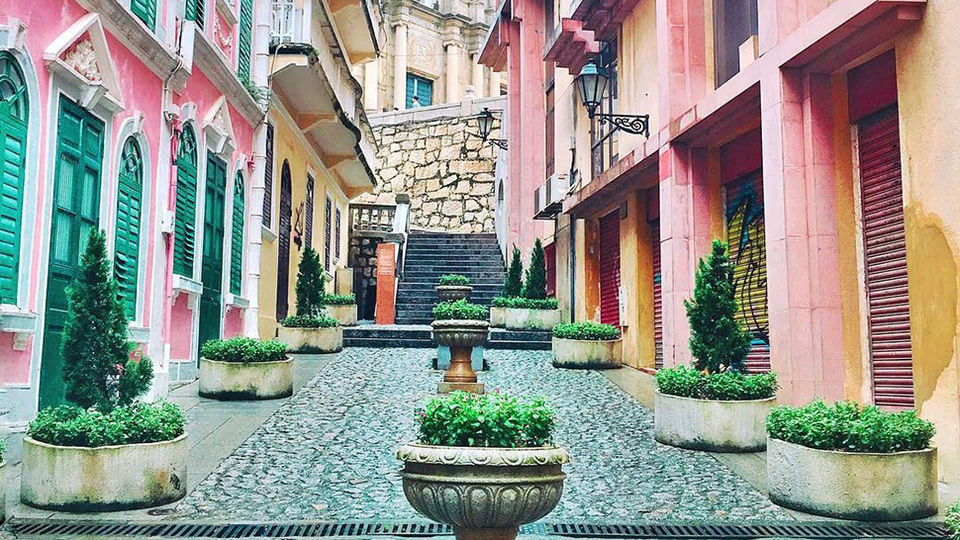
1. ‘One Country, 2 SYSTEM ’
As we verbalized that Macau was a Portuguese colony for more than 300 years, it became the Macau Special Administrative Region of China on 20 December 1990. Macau now works on ‘One country, two system formula, along with Hong Kong.’ An acquiescent was made in which China promised that China’s political and economic system would not be imposed on Macau. Macau, ergo, relishes its liberation and autonomy.
2. Most Densely Populated Place In The World
Macau is the most densely populated place in the world. It has a population of 650,900 people residing there. The density of this place is 21,411 per square km.
3. A Place Where You Can Wager Licitly!
Macau is the only place in China where you can wager licitly. It engenders more revenue from wagering than anywhere else on the earth including more than about seven times the revenue engendered by “The Strip” in La Vegas. It became the world’s most immensely colossal wagering center in 2006.
4. Names Afore Macau!
Macau has a history of comical names afore the era of the Portuguese. It was kenned as Haojing meaning ‘Oyster Mirror.’ Later, it got several denominations such as the Jinghai meaning ‘Mirror Sea.’
5. Among World’ s Richest Regions
Macau is among the world’s richest regions. Macau’s GDP per capita is higher than that of any country in the world, according to the World Bank.
6. Can You Verbalize Macanese Portuguese?
Macau has its own dialect of Portuguese which is kenned as “Macanese Portuguese.” Because it was the colony of Portugal from 1557 to 1999.
7. Human Trafficking Was Practiced Here
It once accommodated as the human trafficking point for Chinese slaves to Portugal.
8. Home To Tranquil Beaches And Natural Resplendency
Macau has two outlying islands of Taipa and Coloane which offer a great scenic comeliness and serenity. They are connected to Macau via a bridge and are home to tranquil beaches and colonial style villages.
9. Second Highest Life Expectancy In The World
Macau has the second highest life expectancy in the world. This is in accordance with The World Factbook. Its average life expectancy is 84.51 years for both genders.
10. Don’t Miss Fortaleza do Monte
The Fortaleza forms part of the “Historic Centre of Macau” and is a UNESCO World Heritage Site. The fort was constructed between 1617 and 1626 on the 52 meters tall Mount Hill, located directly east of the Ruins of St. Paul’s. It was constructed to bulwark the properties of the Portuguese Jesuits in Macau, especially from pirates. Later, the Fortaleza was surmounted by the Portuguese colonial governor and the pertinent ascendant entities for the bulwark of Macau.
11. A Highly Sultry Climate
Macau is a highly sultry region, with the sultriness ranging anywhere between 75% and 90%. Macau receives a heftily ponderous amount of rainfall every year which contributes towards a sultry climate all year.
12. The Most immensely colossal Casino In The World!
The Venetian Macao is the most immensely colossal casino in the world. It is counted as the third most sizably voluminous Hotel building in Asia and the sixth most astronomically immense building in the world according to the floor area.
13. Sizably voluminous Exporter Of Machines!
There are many industries in Macau of which a few are tourism, wagering, electronics, toys, footwear, textiles, and attire. It is additionally an exporter of sundry products such as apparel, footwear, textiles, electronics, toys, machinery and machinery components.
14. Where is Macau?
Macau is located approximately 40 miles (64 km) from neighbouring Hong Kong. It consists of four main areas, the Macau Peninsula (which is home to the Historic Centre of Macao), the islands of Taipa and Coloane, which are now connected by landfill composing the fourth area of Cotai (home to the Cotai Divest and most of the incipient casino resorts).
15.How do I get there?
The most prevalent way of reaching Macau is by ferry via neighbouring Hong Kong. The ferry journey takes one hour and there are two options. Ferry operator TurboJET (red ferry) peregrinates directly to the Macau Peninsula ferry terminal every 15 minutes and the other ferry operator, Cotai Jet, (blue ferry) peregrinates directly to the Cotai terminal, every 30 mins, with facile access to the Cotai Divest and Taipa Island. Macau withal has its own International Airport which mainly operates flights to and from neighbouring countries in Asia.
16.What language is verbalized?
The two official languages of Macau are Cantonese and Portuguese. However, Cantonese is the most mundane language verbalized by locals. English is supplementally widely understood – mostly in the casino resorts and main tourist areas. However, If you’re utilizing taxis it might be better to look up the Chinese address of a place on Google and show the taxi driver that.
17.What currency do they accept and do I require to tip?
Macau has their own currency, MOP, which is called pataca. In fact, pataca is the Portuguese name for dollars. Everyone utilizes and accepts Hong Kong Dollars in Macau so you don’t have to transmute your mazuma. But note that you cannot do the same in Hong Kong. Tipping is not customary and restaurants will routinely integrate a 10% accommodation fee.
18.How long should I spend in Macau?
Macau is minute, only 11 square miles, but there’s a lot to optically discern and do. Two or three days will cover it.
19.Is there more to visually perceive in Macau than just casinos?
Macau may be kenned as Asia’s gaming capital, but there’s far more to this fascinating city than just casinos. It is genuinely one of the most unique places that you could hope to visit. Having formally been a Portuguese colony for more than 400 years, it’s the only place in the world where you have such a distinct commix of Eastern and Western culture and a unique cumulation of opulent Chinese culture and Portuguese heritage. You can ambulate down the streets of Macau and on one side visually perceive streets with Chinese names and on the other side visually perceive them in Portuguese. Macau is supplementally a UNESCO World Heritage Site with more than 20 historical locations of note. Comely Portuguese Catholic churches stand yards away from archaic Chinese temples. Stunning multi-billion dollar hotel resorts are located within ambulating distance from charming Mediterranean-style architecture and quaint European-style villages. For a unique experience, quite unlike anywhere else, Macau is well worth a visit.
20.What is the best time of year to visit?
The best time to visit is between October and December when the weather and temperature is more comfortable. The summer months often bring stifling temperatures and most people incline to stay indoors in the cool air conditioning as outside you just sweat buckets. Macau has a moderate to sultry climate and sultriness is generally high. Typhoons are possible from May to September.
21.Anything to eschew?
If possible, eschew visiting Macau at weekends and public holidays and endeavor for low peak times on weekdays. Visiting the popular sites, like the Ruin’s of St. Paul’s, Senado Square and the Historic Centre of Macao at the weekend, is virtually on infeasible as the narrow streets are overflowing with tourists and visitors, mainly from Mainland China. With a population of 650,900 living in just 11 square miles, Macau is officially the most densely populated region in the world.
22.Where can I endeavor local cuisine?
If you optate to endeavor the local cuisine, you’re better off peregrinating towards one of the local cafes or restaurants rather than the hotels. Macanese cuisine is the coalescence of both Portuguese and Chinese ingredients. While Macau has a Portuguese or Chinese restaurant on proximately every street corner, finding restaurants that accommodate Macanese cuisine is a little more tricky. Endeavor Restaurant Litoral, Carlos and APOMAC Macau for your best chance of tasting authentic Macanese cuisine.
23.What’s the best way to bypass Macau?
The main modes of convey in Macau for visitors are the free hotel shuttle buses and taxis. They typically run between the hotels and ferry terminals every 15 minutes. Taxis are yarely available adscititiously, but it’s best to look up the Chinese address of your destination on Google and show that to the driver.
24. Can you peregrinate to Macau on a budget?
The city caters for all budgets, offering a wide range of three and four star properties as well as a fantastic range of impressive luxury hotels. It has traditional Portuguese-style pousadas and beachside youth hostels supplementally.
25. Is Macau a safe place to visit?
For the most part Macau is very safe and visitors experience very low calibers of malefaction. However, visitors should take the conventional precautions that they would take in any city, eg take extra care of passports, credit cards and mazuma in crowded areas and tardy at night.


